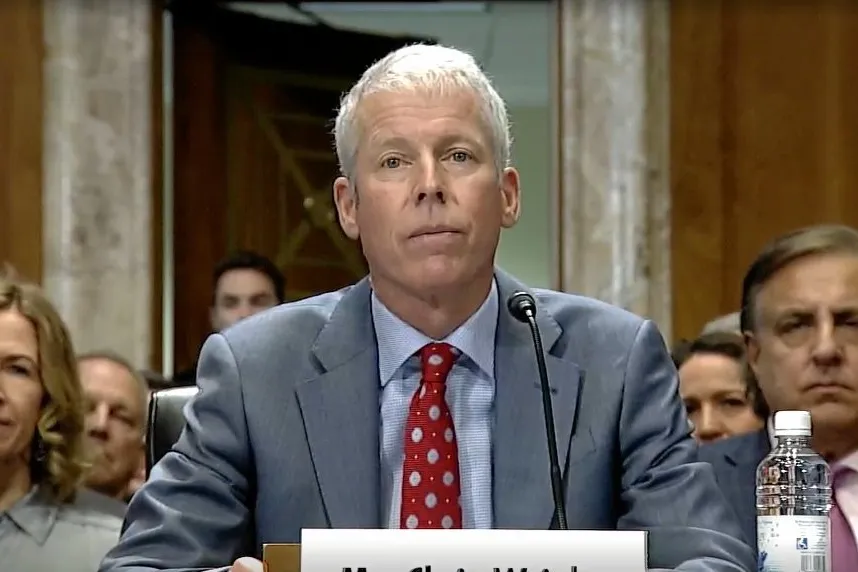US ends 'costly' pursuit of net zero future in pivot toward Trump's energy agenda
In his first directive, Energy Secretary Chris Wright asserts net zero policies raise energy costs for Americans, threaten grid reliability, and undermine energy and national security

“Net-zero policies raise energy costs for American families and businesses, threaten the reliability of our energy system, and undermine our energy and national security,” he said in a secretarial order issued late Wednesday. “They have also achieved precious little in reducing global greenhouse gas emissions.”
Joe Biden, who left office on 20 January, had pursued an ambitious climate agenda that sought to place the country irrevocably on a 2050 net-zero glidepath.
Achieving a carbon-free electric grid by 2035 largely fed by intermittent solar and wind backed by battery storage was a core element in this strategy. The power sector is the second largest US source of greenhouse gas emissions after transportation.
None of those technologies were mentioned by Wright in his nine-point order. The administration’s focus is expansion of baseload power generation that can be dispatched over a fortified, secure electric grid.
His order specifically mentions that DoE research and development efforts will prioritise “affordable, reliable, and secure” energy technologies, including advanced nuclear, fossil fuels, geothermal, and hydropower.
“America must lead the world in innovation and technology breakthroughs,” said Wright, including “true” ones such as artificial intelligence, high-performance computing, nuclear fusion, and quantum computing.
As part of Trump’s national energy emergency declaration made on his first day in office, DoE will “identify and exercise all lawful authorities” to strengthen the nation’s grid, including the transmission system.
“This is an imperative as we consider current and anticipated load growth on our nation’s electric utilities,” he said.
Wright pledged that DoE will “work diligently and creatively” to enable the rapid deployment and export of next-generation civilian nuclear technology. “As global energy demand continues to grow, America must lead the commercialization of affordable and abundant nuclear energy,” he said.
Wright, who was confirmed by the Senate on Monday, also took aim at the federal permitting process that he said is burdensome and hurts America’s competitiveness and national security.
DoE will now prioritise more efficient permitting to enable private sector investments and “build the energy infrastructure needed to make energy more affordable, reliable, and secure,” he said.
It has also resumed consideration of pending applications to export American liquefied natural gas (LNG) to countries without a free trade agreement (FTA) with the US, according to Wright.
(Copyright)